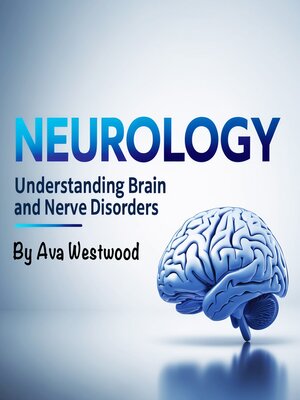
Sign up to save your library
With an OverDrive account, you can save your favorite libraries for at-a-glance information about availability. Find out more about OverDrive accounts.
Find this title in Libby, the library reading app by OverDrive.



Search for a digital library with this title
Title found at these libraries:
| Library Name | Distance |
|---|---|
| Loading... |
The human brain is often described as the most intricate and remarkable organ in the known universe. It serves as the control center for every thought, emotion, movement, and sensation we experience, seamlessly integrating billions of neural connections to create the essence of who we are. Despite centuries of scientific inquiry, the brain remains a profound mystery—an organ that not only governs our basic survival but also fuels creativity, innovation, and the very consciousness that allows us to ponder its complexity.
What makes the brain so fascinating is its duality: it is both fragile and resilient, capable of extraordinary feats yet vulnerable to a wide range of disorders. Its 86 billion neurons form networks that enable everything from the rhythmic beating of the heart to the abstract contemplation of art, philosophy, and science. This complexity has driven countless researchers to explore its depths, seeking to understand how such a compact structure can hold the vastness of human thought, memory, and emotion.
Throughout history, our understanding of the brain has evolved dramatically. Early civilizations believed that the heart was the seat of intelligence, while the brain was considered secondary. It wasn't until the work of ancient scholars like Hippocrates and later neurologists such as Thomas Willis and Santiago Ramón y Cajal that the brain was recognized as the epicenter of human experience. Today, advanced imaging technologies allow us to observe the brain in action, mapping areas responsible for speech, movement, and even complex emotions. Yet, for all our progress, we have only begun to scratch the surface of its potential.







